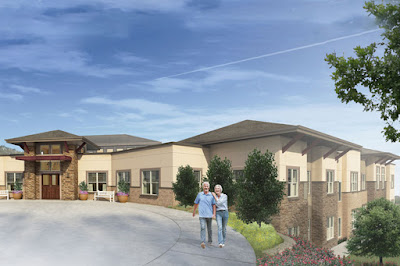Our Floor Plans are Available Online

To quickly find out what MorningStar at Jordan Creek offers , we encourage you to take a look at our website. It provides all kinds of useful information for both potential residents and their families including the floor plans of our stylish suites. As you will discover, our spacious, private suites have been designed with every detail in mind and reflect the beauty and comfort found throughout our community. Each of our suites, regardless of the configuration, is equipped with lighting, high ceilings, and large windows offering lots of natural light. In addition the units have wall-to-wall carpet, mini blinds, handicap-accessible bathrooms and a kitchenette with fridge. To ensure your optimal comfort, you control your own heat and air conditioning. We also offer weekly housekeeping as well as laundry and linen services and trash removal and spot cleaning that is done daily. As you will see from our website, our assisted living suites include everything f





